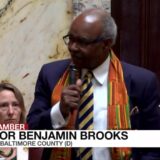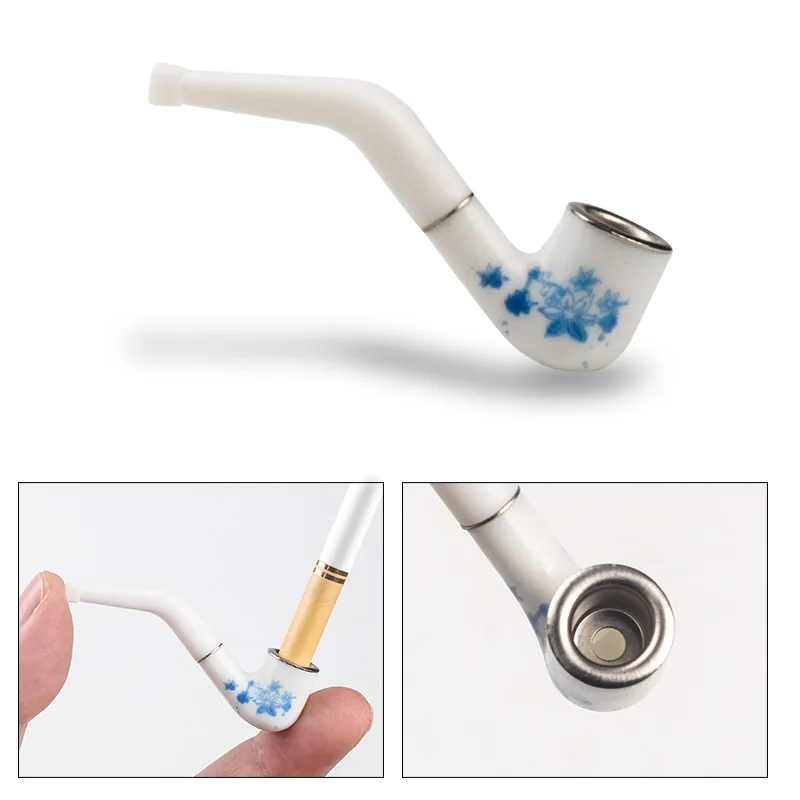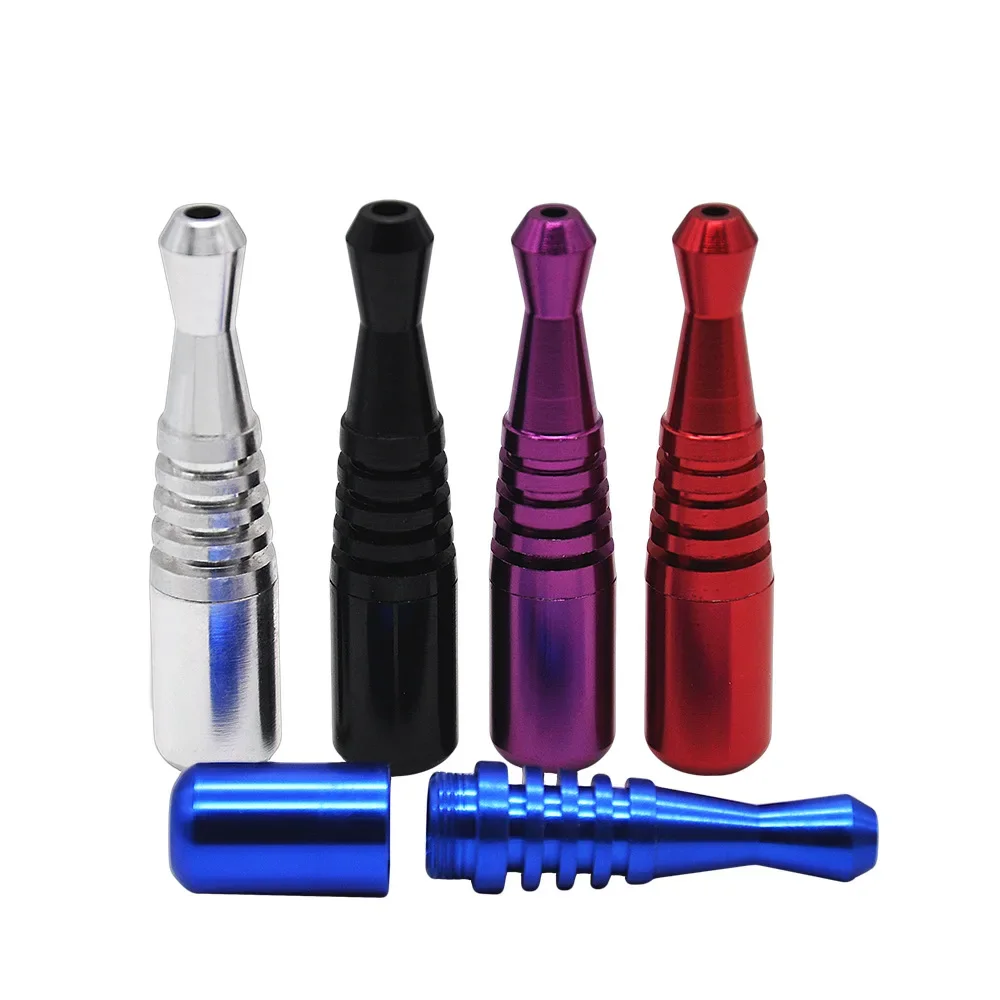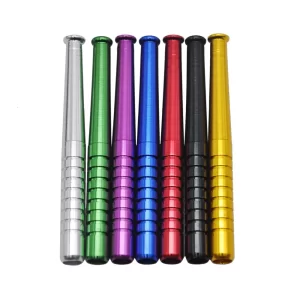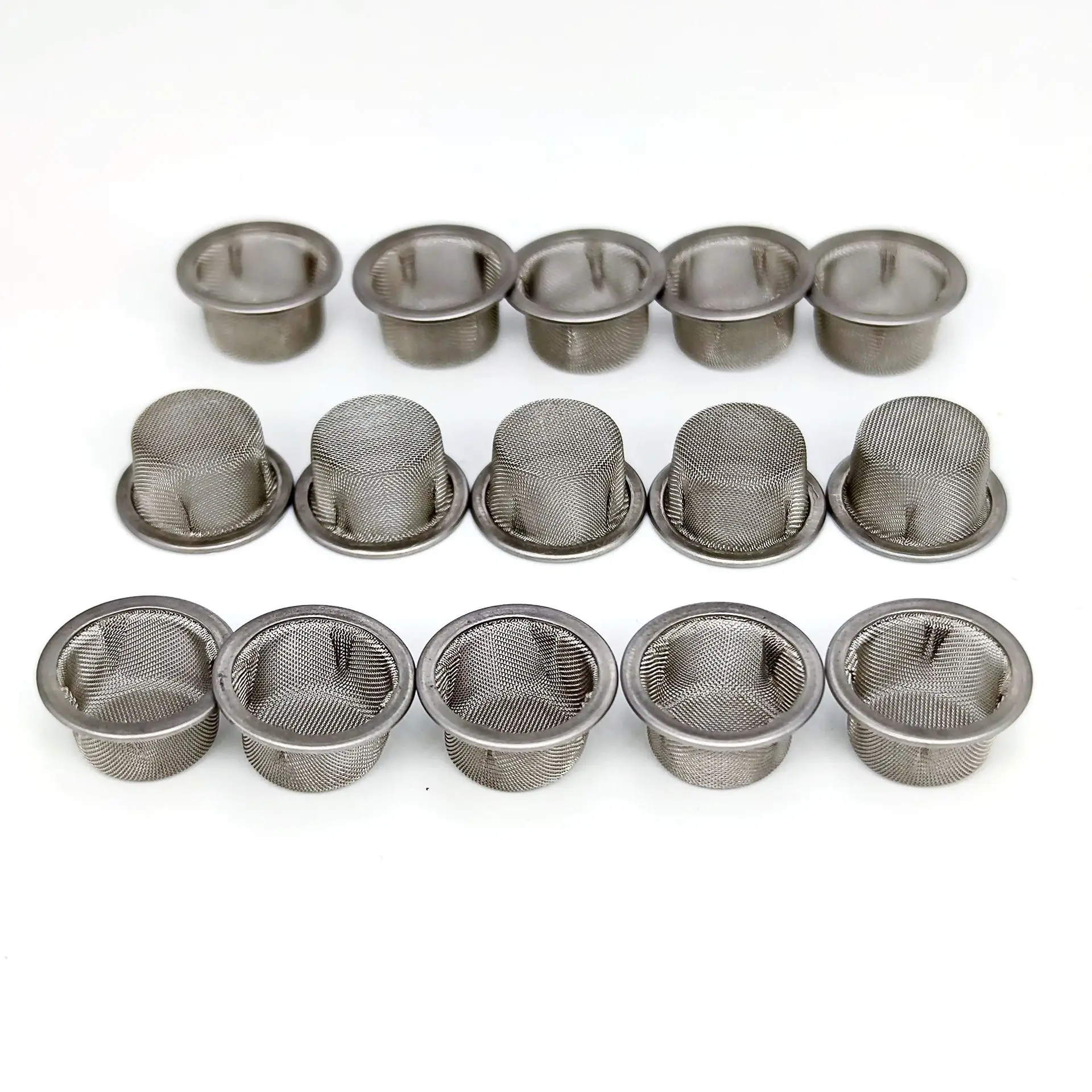The music industry has never been an easy place to navigate. For every breakout story, there are dozens of young artists left wondering why their streaming checks don’t cover the rent or why the viral moment they dreamed of fizzled after a few weeks. That reality is exactly why Sophie Steele, founder of Kopius Media, has dedicated her career to helping musicians build real infrastructure around their art.
Sophie’s path to running an agency wasn’t a traditional MBA-to-corporate pipeline story. She started as an artist herself, recording and releasing music before discovering just how fragmented and often predatory the business side of the industry could be.
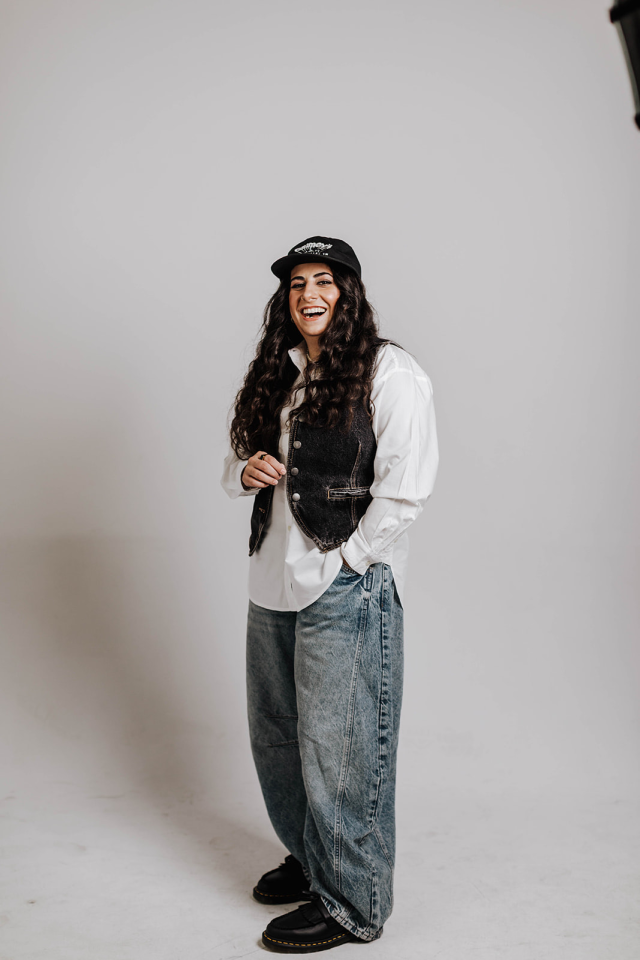
Photo credit: Tabitha Turner Visuals
“I started as a recording artist and was really passionate about creating music since I was maybe nine,” Sophie told me. “I got into releasing music, wound up getting a single deal with an indie label that was facilitated by a bigger label… and realized the business side of music was pretty broken up and fragmented to the point where people weren’t getting paid.”
That reality hit her directly. Instead of giving up, she dove in.
“I really took that opportunity of not getting paid out appropriately to get immersed in how the intellectual property that is music makes money. I started learning about the back-end royalties, metadata, and the role they play in getting paid. All the unattractive, boring stuff that artists never want to do. Including myself at the time. But I thought, hey, if not me, then who?”
That question turned into a business. Sophie went from managing her own royalties to helping peers with metadata, registrations, and admin tasks. Word spread, referrals poured in, and Kopius Media was born. Today, her agency has run campaigns generating over a billion impressions for clients, from emerging acts to established names. But marketing, she realized, was only part of the solution.
“A lot of the problem here is not marketing, it’s actually business development for artists. You guys don’t have an infrastructure. There are no processes and systems in place, no checks and balances. That’s really what a label provides. So I expanded into helping artists set up that infrastructure: email lists, SMS lists, CRMs. Marketing only works if the foundation is there.”
For Sophie, the modern artist can’t think of themselves just as a musician. They have to operate like a media brand that happens to make music.
“Every artist now, whether we like it or not, we’re a media brand that makes music. If you’re not on a label, then you have to be your label. That means doing all the admin tasks, setting goals, building a CRM, capturing fan data, and creating a brand voice.”
It’s not the sexiest advice, but it’s reality. Sophie breaks it down in a way every independent artist should be taking notes on:
- Foundations & Goal Setting – “Creating attainable, time-bound goals is something I don’t see artists do.”
- Solidify the Brand – “What does your brand stand for? What’s the voice? Who are you? That brand is the bucket to catch fans.”
- Distribution & Release Strategy – “How are we releasing? Why at this time? What’s happening in the world around that date we can tie into?”
- Post-Release Life Cycle – “How can we keep the song alive not just on socials but in real life?”
“Marketing is important, but if you’re marketing a product that doesn’t have a brand, you’re just burning money. If you have the brand and infrastructure, now you’re building something that can actually grow.”
Decentralization, Gatekeepers, and Relationships
With TikTok hits turning nobodies into somebodies overnight, the gatekeepers of old feel less relevant than ever. But Sophie doesn’t believe the power structures have disappeared completely.
“Gatekeepers have less impact, but at the very base of this industry is relationships,” she explained. “Whether we call them gatekeepers or just people with great friends, those relationships will always have an impact. What usually happens is that the initial spark, the viral moment, falls on the artist. Then someone with experience and relationships comes in to help build the infrastructure and leverage it into a deal.”
It’s a reminder that in 2025, an artist can absolutely build their dream themselves, but relationships remain the true currency of the industry.
Cannabis, Creativity, and Intentional Use
This is High Times, so of course I had to ask Sophie about cannabis culture and how it plays into her life and work.
“Starting in hip hop initially, it’s definitely part of the culture,” she said. “It’s communal. We’re all sharing the space, smoking, we’re on the same wavelength.”
For her personally, the plant has been a source of inspiration when used intentionally.
“I feel like the plant medicine allows me to think more about possibilities and not look at hurdles. But there’s a threshold where it goes from medicine and inspirational to where I’m not performing at my optimal. So I create hours: yes, I can smoke during these hours, no, I can’t during these hours.”
She laughed, telling me about a COVID-era Clubhouse pitch session with Grant Cardone and other investors. “There were 3,000 people in the room. I thought, No way I’ll get called, so I’m rolling up. I just faced a Jay when they called my name. I fumbled the pitch because I was overcomplicating it. That experience showed me: there’s a time and a place. Also, when I’m high, I give way too many discounts. I’m like, ‘Just give me 300 bucks,’ and later I realize I’m losing money. So, intentionality is key.”
Navigating Bad Actors
Sophie is blunt when it comes to the scams that plague young artists.
“First of all, just know that’s the majority, it seems, in marketing and a lot in the music industry,” she said. “Ask questions. Don’t be afraid to be annoying. Educate yourself so you can discern if the answers are relevant. Ask for recommendations, case studies, and testimonials. And remember: a photo with someone does not mean they have a relationship with them. You went to a meet-and-greet, dude. You don’t know him.”
Her bottom line: “Every room you’re in, treat yourself like a precious gem. Don’t let anyone gaslight you. Trust your gut. Ninety-nine percent of the mistakes I made came after ignoring that little voice.”
Partnerships, Products, and Staying Authentic
With so many artists launching cannabis lines, alcohol partnerships, or merch brands, I asked Sophie how she decides what’s the right move.
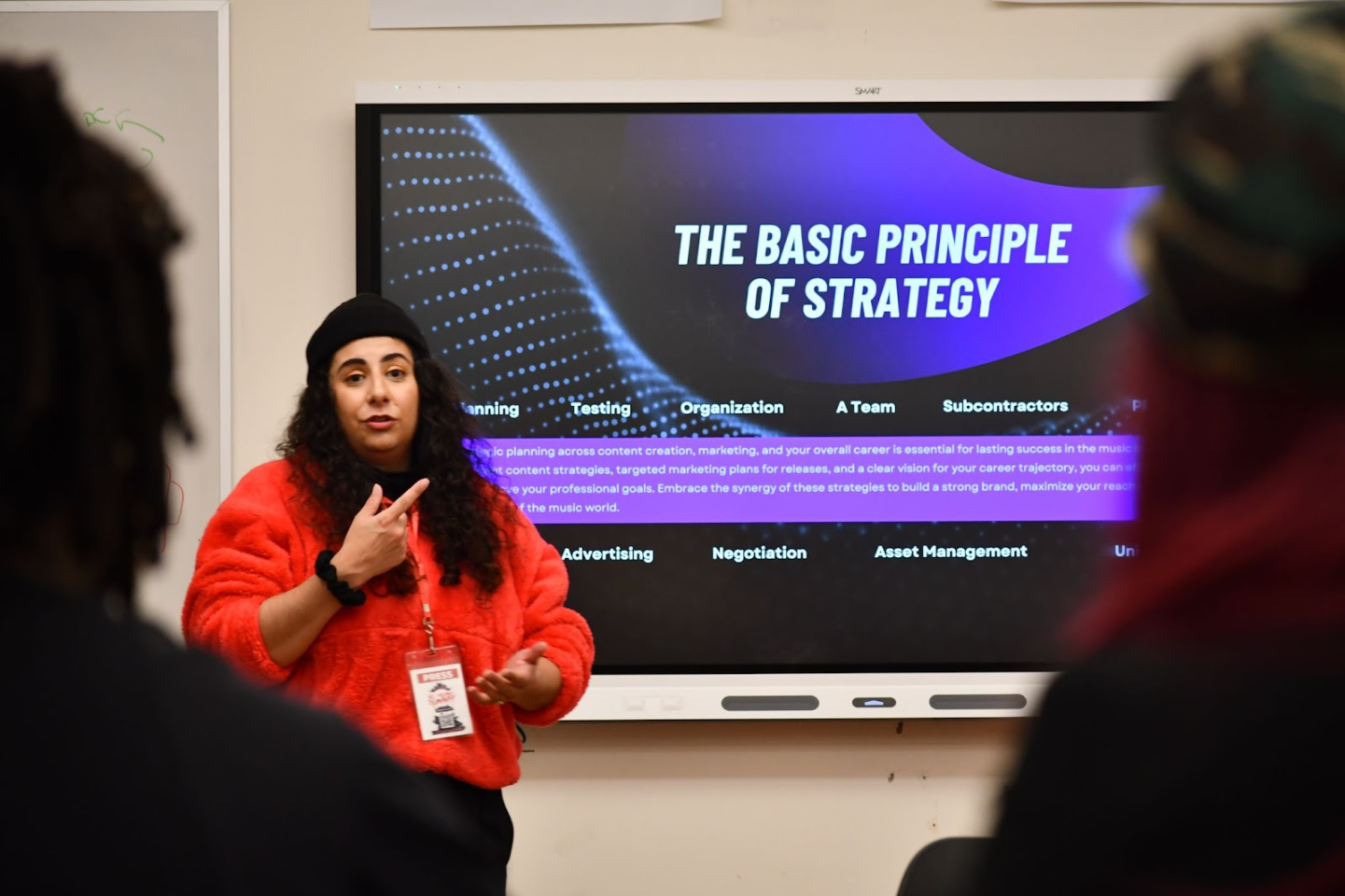
Photo credit: Chris Thornton
“First thing I do is explore the artist’s lifestyle. What products do you actually use? That’s going to be easier and more authentic. Then, does the product’s demographic overlap with yours? One of my artists, Tara Lynn, is known for her bright red hair. Partnering with a salon and doing product placement for hair care products makes sense because it’s already her world. Authenticity is everything.”
Live Shows, Local Scenes, and Vinyl Comebacks
While social media drives visibility, Sophie insists that live performance remains non-negotiable.
“An artist needs to be able to work a stage, period. Or you have a ceiling. A lot of people go viral, they throw them on stage, and they flop. Nothing can take the place of connecting with humans in real life.”
She points out that even a dive bar gig has value: “Performing for 12 people matters. One of those people could spend $1,000 on you in a year. And it’s a massive content opportunity. You can grab six or seven clips just from that one show.”
On the physical vs. digital debate, Sophie is clear: “What you’re selling as an artist isn’t music, it’s connection. Physical products are important because people want something tangible. A vinyl record might never get played, but it’s a conversation piece and a collectible. Don’t just think of merch as functionality. Think of it as a way for people to advocate for you passively.”
The Cities That Shape the Sound
Different cities breed different cultures, and Sophie sees that reflected in the music.
“In Atlanta, it’s about trapping, talking about getting money, wearing chains. In Nashville, it’s heartbreak and human experience. New York feels experimental but gritty. LA is polished, high-quality, with the best talent around. The mindset of each city bleeds into the music.”
Inspiration and Purpose
I ended our conversation by asking what keeps her inspired, and Sophie’s answer was as raw as it was passionate.“Honestly, this feels like a purpose. Just like musicians have a song inside them that’s dying to get out, I feel the same way. Art changes people. Music is medicine. If we can help more artists bring their creations into the world in a structured way, it raises the collective consciousness.”




